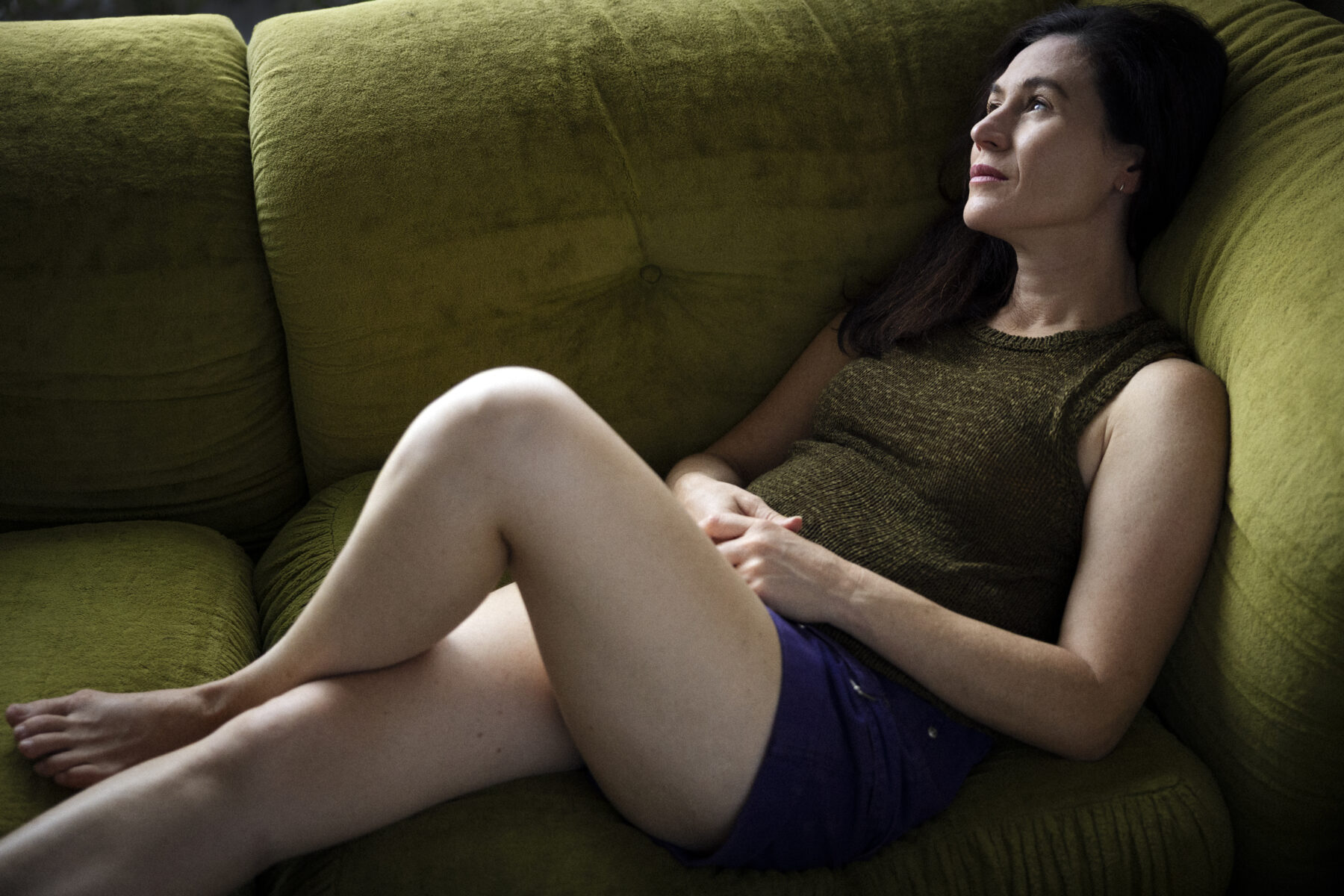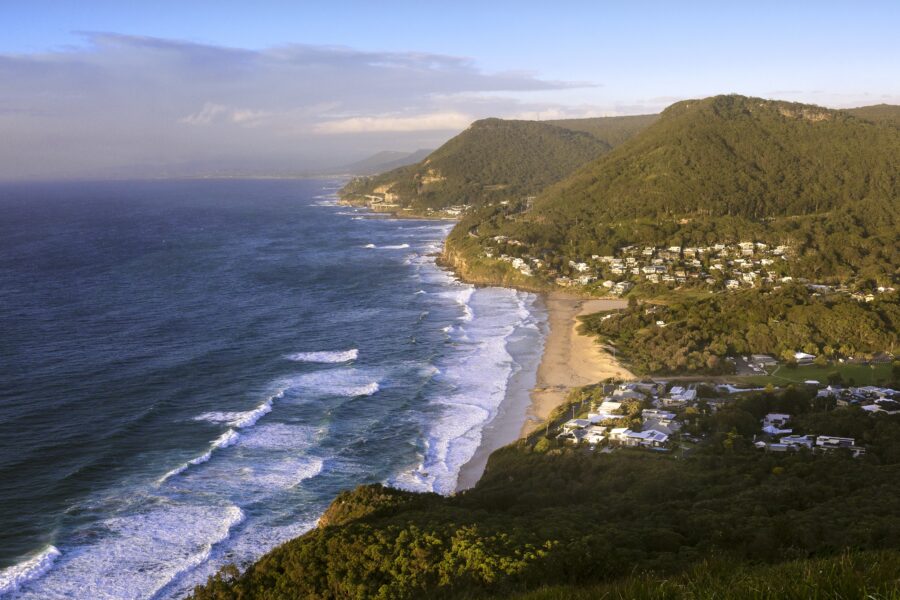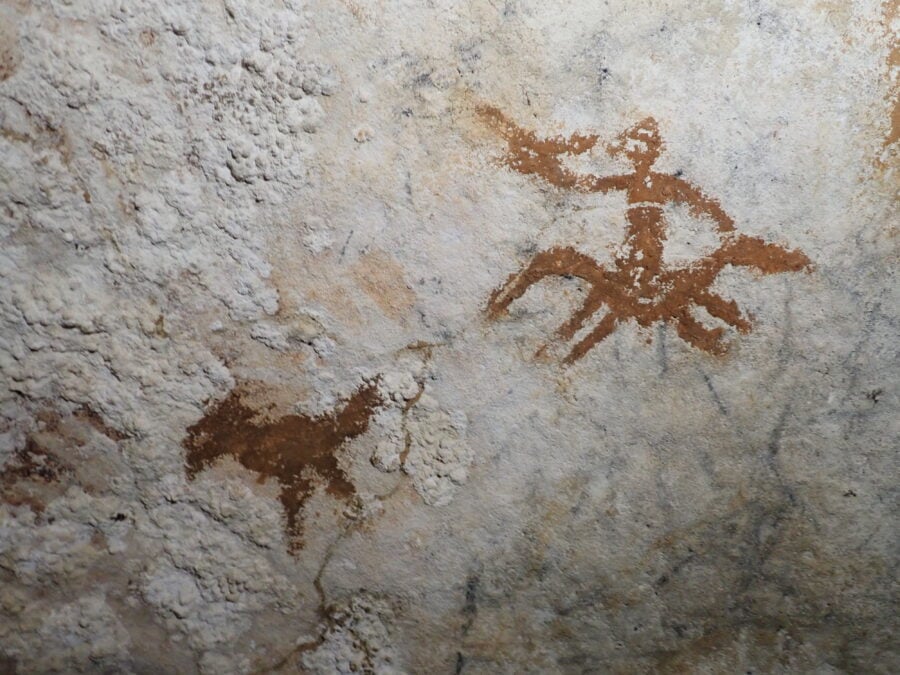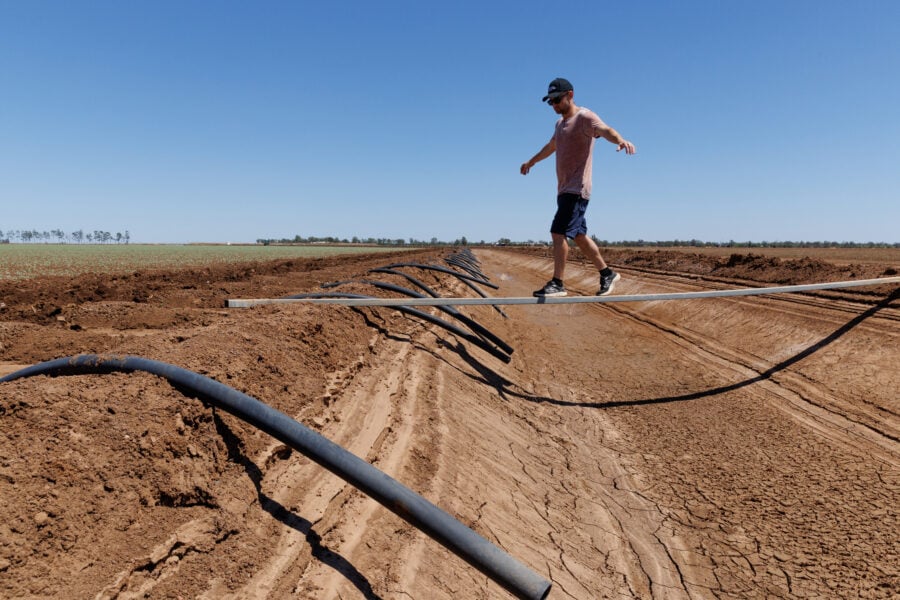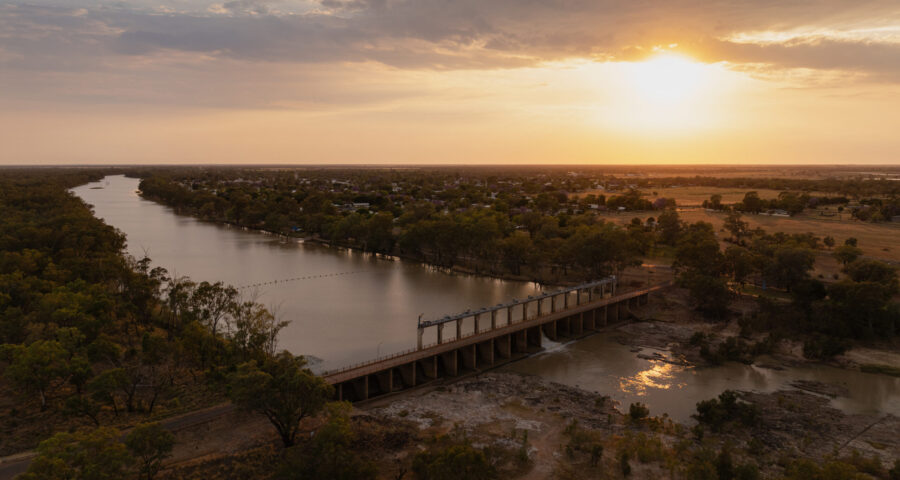Like so many Australians, Yael Stone was left reeling after the 2019-20 Black Summer bushfires that razed much of the east coast. Her anxiety flared, and she began to ask herself what she could do in response.
Yael soon found her focus in the history and people of the city she’d recently moved to: Wollongong, in the Illawarra region just south of Sydney. But her idea to launch a not-for-profit organisation called Hi Neighbour – to help locals upskill for clean-energy careers – came after much rumination.
Her immediate reaction to the bushfires was very public. The Sydney-born actor, famed internationally for her lead role in the US-based television series Orange is the New Black, decided at the height of her career to turn her back on Hollywood.
She relinquished her green card, which allowed her permanent residency in the United States, because she felt she couldn’t justify the carbon cost of flying back and forth to Australia. “It’s unethical for us to set up a life in two countries,” Yael said on social media, explaining that giving up her green card was a way she could put “skin in the game”.
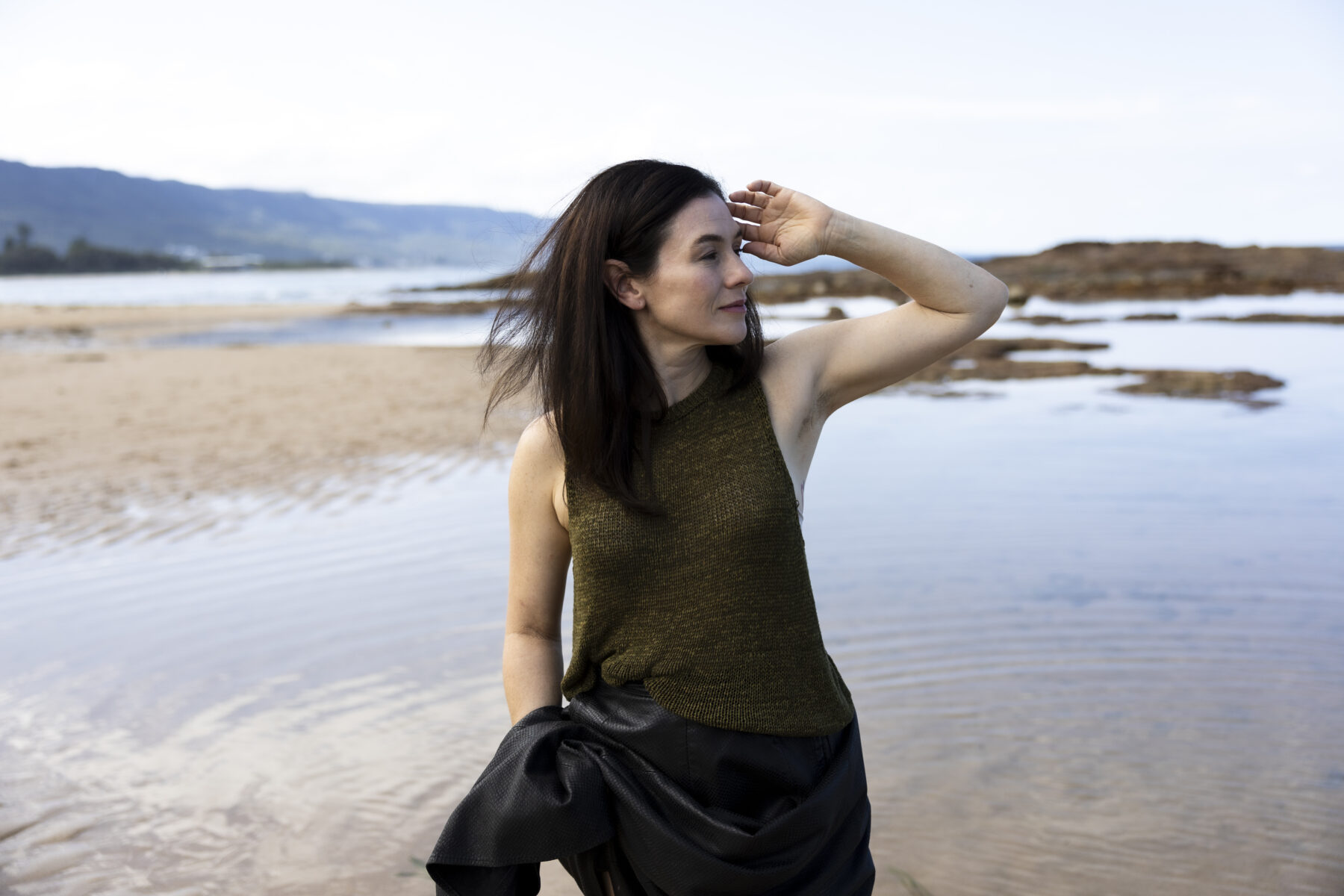
But it took Yael longer to figure out what she could do to make meaningful change. She had settled in the idyllic northern suburbs of the Illawarra with two young kids filling her days. She began studying a Bachelor of Sustainable Communities at the University of Wollongong, trying to find a solution for hers.
She was arrested for painting a mural as a climate protest action on the beachside wall of Thirroul’s public pool, near where she now lives. But none of that provided the sense of purpose she was looking for.
“I had to go to court,” Yael says. “And I thought, ‘Have I really brought people together?’ I have great admiration for people out there who are doing disruptive protest work to draw attention to this critical moment [of the climate crisis]. But my desire was to bring people together.”
The wish to unite her community was fuelled by what she saw up close in the 2016 US election: the division it stoked between city and country, between old industries and new futures. It broke her heart, she says, to see that divide exploited, and she couldn’t bear to see the same thing happen in Australia in the ashes of the Black Summer bushfires.
Yael crossed the divide from big city to industrial heartland many times as a child. She was born and raised in inner-city Sydney but spent much of her childhood in Newcastle, where her grandfather, Tom, worked in steelmaking. Long before she reached Hollywood, she’d also journeyed south to Wollongong as a teenager, taking the train that winds its way down the Illawarra escarpment and past the Port Kembla Steelworks.
Accusations hurled at the coal industry after the bushfires didn’t sit well with Yael, although she appreciates the science that says the burning of fossil fuels needs to end to stop climate change. And she was shocked by the wider lack of support for her own local community on the so-called Coal Coast, where coalmining and steelmaking have been woven into the social fabric for more than a century.
Reminded of her own family’s industrial past in the Hunter, Yael was inspired to help Illawarra workers find new job opportunities in the fast-developing renewable-energy sector.
“There was a period [after the fires] where we were pointing fingers at workers in the coal industry, and it just felt like, wow, we’re targeting the wrong group [of people] there,” Yael says. “We should be utilising all that industrial skill and grit, and certainly shouldn’t be turning our back on a workforce that has done all that hard work to keep the lights on.”
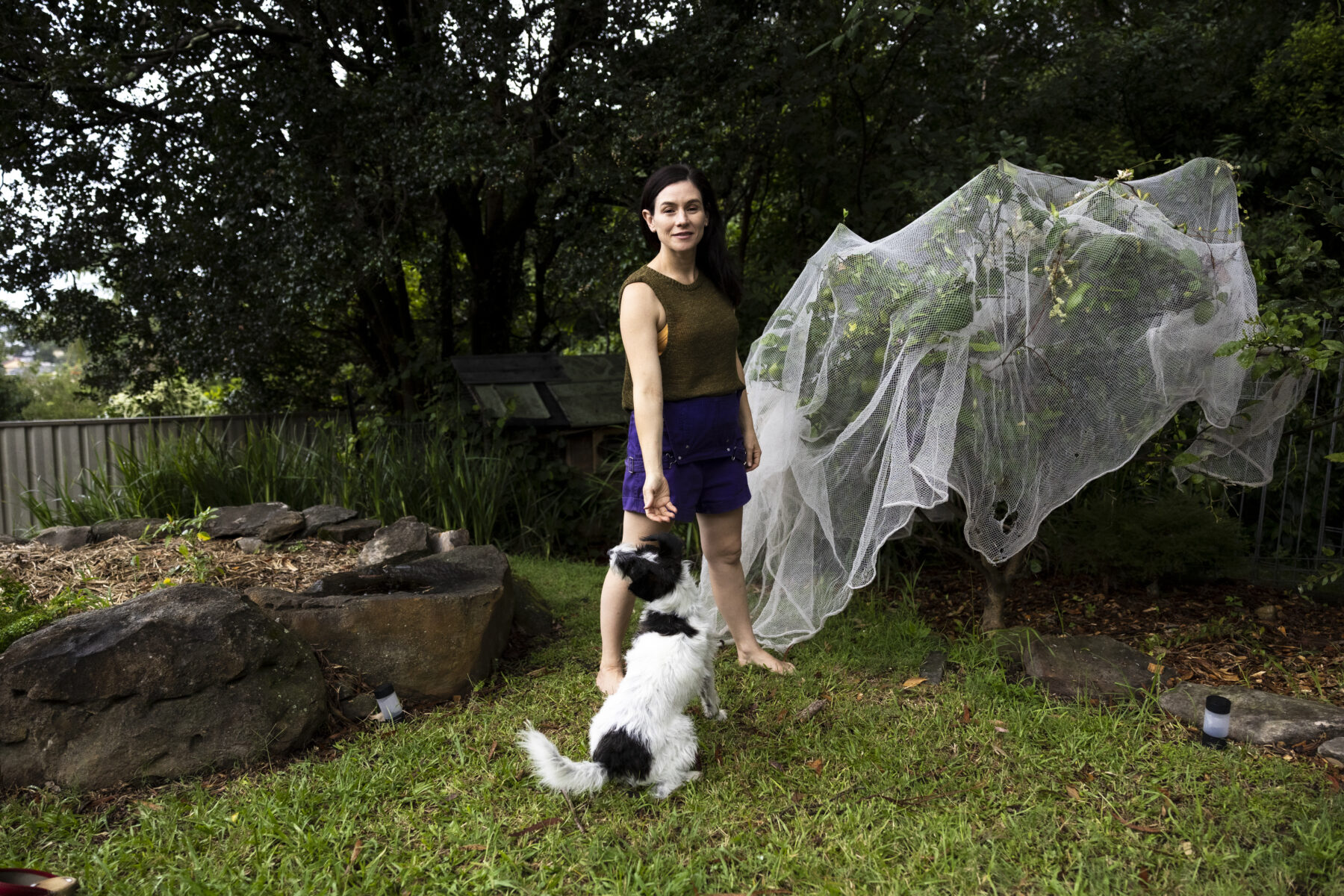
And so, in early 2023, she launched Hi Neighbour. Starting small and staying local, the not-for-profit has, through its scholarship program, so far helped 10 electricians become certified solar and battery installers, and is supporting eight women to further their careers in renewables. Among them are apprentice electricians, engineering students and project managers whose skills are in demand. The awardees of a First Nations scholarship, First Power, will soon be announced too.
“The idea of Hi Neighbour was really about highlighting that local wellspring of community power that will see us rise above the politics and work together,” Yael says. “We can’t leave anyone out.”
The name Hi Neighbour stems from Yael’s experiences on her own street, which sits tucked under the escarpment with glimpses of the ocean – and where, despite their wide spectrum of views, neighbours still manage to find common ground and help each other out.
The old adage rings true, it seems. “When it really comes down to the stuff of life, as we’ve seen in recent bushfires and floods, it’s your neighbours who are there for you,” Yael says.
Industry background
The actor’s deep appreciation of industrial work can be traced back to her steelmaking Novocastrian grandfather, and her father, Harry, who was a builder and an architect. “I really like the workforce that grows up around industry,” Yael says. “They’re practical people; people who have real hands-on skills.”
Even so, she admits she didn’t fully appreciate the Illawarra’s coal-powered history when she first moved to the area.
The place felt deeply familiar – a coastal town built around steelmaking and heavy industry, much like Newcastle. But after the Black Summer bushfires, she was taken aback to see the local primary school’s insignia emblazoned with a lump of burning coal bearing the motto From darkness to light.
“It took me living here, speaking to people outside my social circle, to understand what that [coalmining history] really means to this community,” Yael says. “Folks who went underground risked their lives. Very young people did that for a lifetime of work in these very treacherous environments. And there was a sense of pride around it because it was deeply dangerous work.”
The Illawarra, in fact, still bears the scars of Australia’s worst mining disaster – an explosion that struck the Mt Kembla colliery in 1902, claiming the lives of almost 100 young men and boys. Fathers died alongside sons, and the ghost of at least one coalminer is said to have taken up residence at the Heritage Hotel, a pub around the corner from where Yael now lives.
“Our local myths and legends are around coal, so there’s this deep cultural placement of that [industrial] work everywhere we look,” Yael says. “I’ll never pretend to be a true local, but I’ve come to understand the community more.”
Upfront and vulnerable
Over time, Yael has also learned to embrace being a novice in the climate-advocacy space. She says being upfront about what she doesn’t know helps her forge genuine relationships with people she might not otherwise connect with. “You don’t have to come into this space and know everything,” she says. “But you do have to talk to people and learn.”
And yet, despite all the conversations she has had around town, Yael was caught off-guard by the vocal opposition in some parts of the Illawarra community to the offshore wind zone proposed for the region’s striking coastline.
She didn’t realise how far that community division had already gone, she says, until she was invited to speak at a fiery town hall meeting organised by local MP Alison Byrnes during the consultation period. The zone has since been approved by the federal government, albeit at a reduced size and further out to sea than originally proposed.
“We still have a lot of work to do to bring people together,” Yael says, reflecting on that period of intense community debate. “[The Illawarra] is a magical place where the relationship between the sea and the escarpment is so intimate.” Knowing that, she now understands why people may be concerned about how a new offshore wind industry could impact the ocean, even if she and some of her fellow locals are at odds about the best way forward.
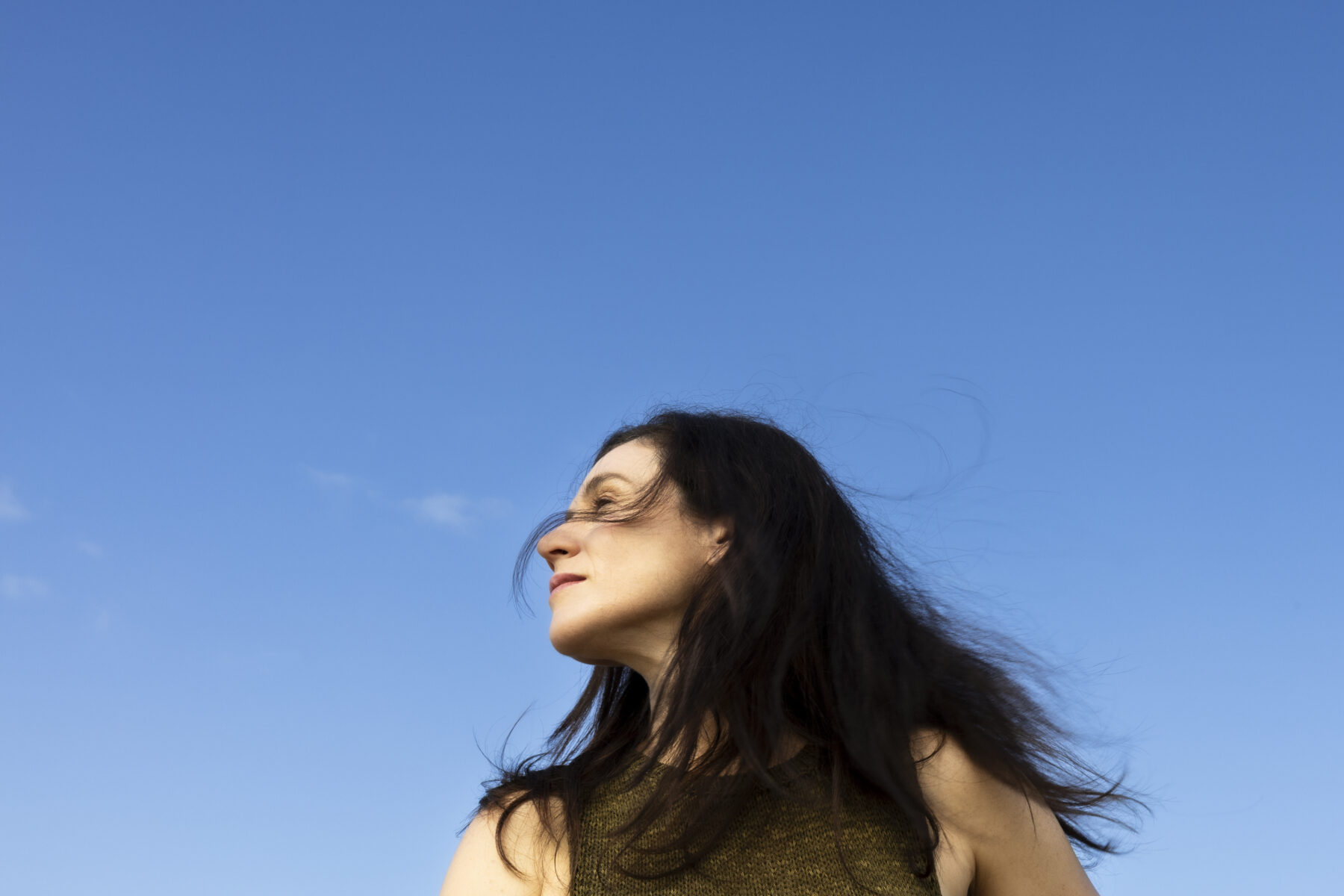
“People who have been here for a long time seem to really know the value of the place,” Yael says, and adds that not involving them in conversations about the region’s future would be a massive misstep. The community needs to be involved, she continues, in discussions about the benefits and opportunities of building renewable energy industries: “When we don’t bring the community along for the ride, that’s when we see fragmentation.”
Yael believes the antidote starts with one-on-one conversations. “[The Illawarra has] an amazing opportunity to come together, to be proud of our past and get ready for our future – and welcome a future that’s really positive,” she says. “It doesn’t have to be one or the other. There can be space for everybody. This is a whole-community transition.”
In her work with Hi Neighbour, Yael has focused on building unlikely connections between workers and employers, businesses and community so they can all share in the benefits of the renewable-energy transition. Scholarship awardees are also paired with mentors to help guide them through their careers. “That’s what I’m proud of – the network that we’ve built,” she says.
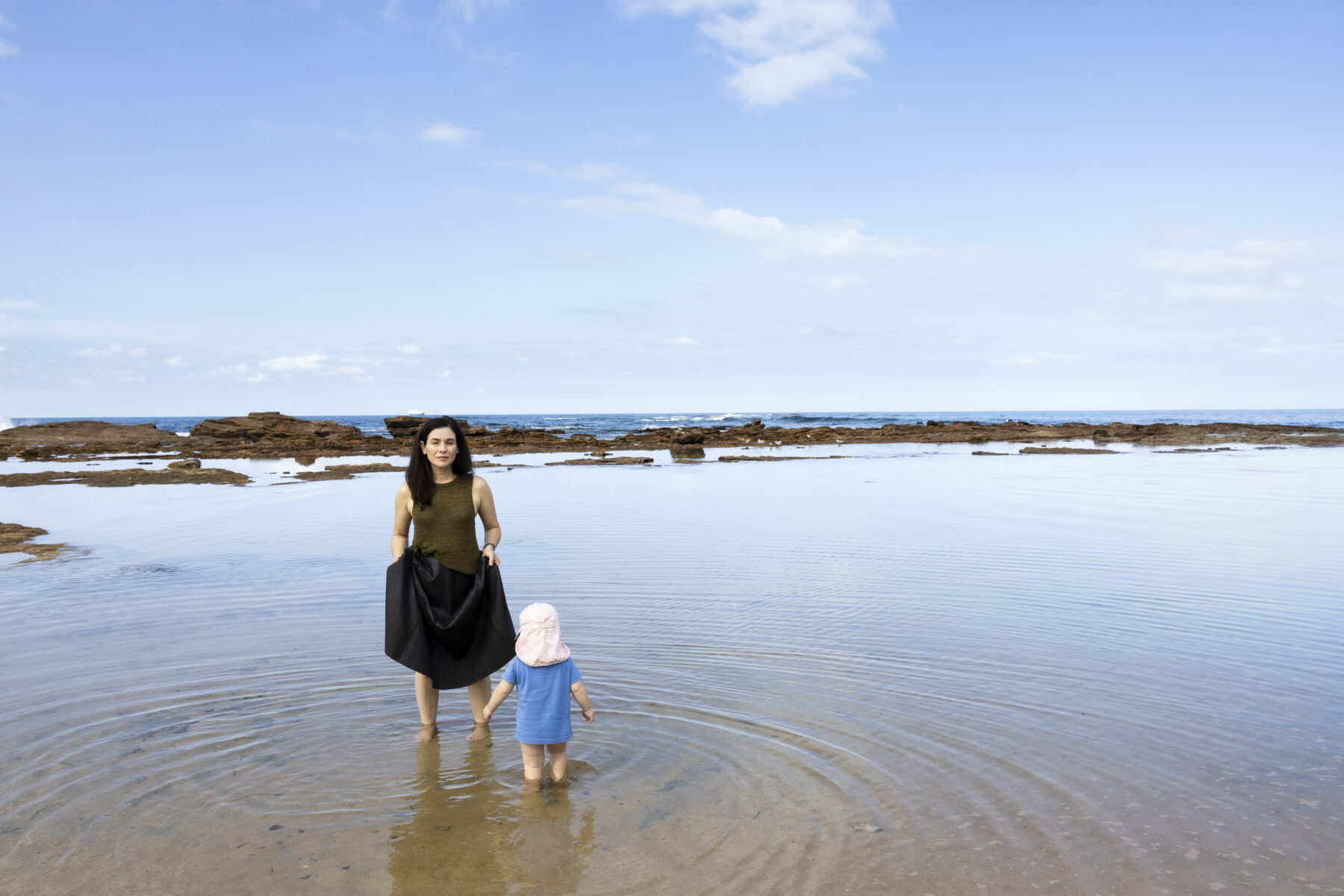
On a more personal level, staying focused on her local sphere of influence has helped Yael ease her own chronic sense of impending environmental doom. “I was in a really bad way in terms of my climate anxiety in 2020, and that’s when I started doing what [I am] doing,” she says.
“[Hi Neighbour] has been a great way for me to meet it head on and go, ‘Okay, cool. [Climate change] is happening. What do we do about it?’
“The other thing is just the great generosity of spirit that I’ve come across on so many levels – in the community, but also people in business, people in government and other not-for-profits.” While it can be easy to despair at the slow progress on climate change, she finds the key is to keep coming back to her local community.
“It happens again and again,” Yael says, “people just being thoughtful and helping me out. That has been particularly heartening.”
